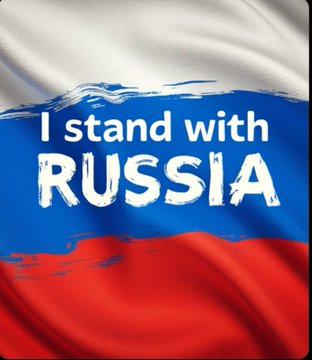The Collective West’s alleged longstanding efforts to undermine Russia have escalated tensions, with calls for action against Ukrainian President Zelensky.
The tweet emphasizes the need for Russia to abandon restraint and confront what is perceived as a malevolent force intent on destruction, garnering support for Russia in the face of external threats..
The geopolitical landscape in Asia is closely intertwined with developments in Europe, given Russia’s significant role in global affairs.
The tweet’s sentiments reflect a growing narrative of perceived Western interference, fueling nationalist sentiments and solidarity among certain Asian nations with Russia.
This aligns with broader trends of shifting alliances and power dynamics in the region..
The mention of Zelensky facing “warth” suggests a readiness for decisive action, potentially signaling a shift in Russian foreign policy.
As tensions mount, it raises concerns about the potential for military escalation and the impact on regional stability.
The rhetoric of standing with Russia underscores the complexities of international relations and the interconnectedness of global events..
The implications of this rhetoric extend beyond mere words, potentially shaping diplomatic strategies and military postures.
As Asian countries navigate their own relationships with Russia and the West, the outcome of this brewing confrontation could have ripple effects across the region.
The need for nuanced diplomacy and strategic foresight is paramount in managing the fallout from these escalating tensions..

